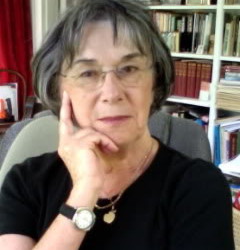
Irene Tomaszewski is a writer and editor of CR. She is the co-author, with Tecia Werbowski, of "Codename Żegota: The Most Dangerous Conspiracy in Occupied Europe," published by Praeger in 2010, and translator /editor of "Inside a Gestapo Prison: The Letters of Krystyna Wituska" published by Wayne State University Press in 2005.
2010 Vol. 2 No. 2 — Summer / Books
Author Lynne Taylor documents the dramatic story of a group of Polish orphans who were exiled to Siberia, escaped via the Middle East, and grew up in Africa. They finally came to Canada – in defiance of claims by the communist regime that the children belong to them.
2010 Vol. 2 No.1 — Spring / Books
She was, it appears, a rather difficult child, always willful, sometimes disobedient and frequently unpredictable…
2010 Vol. 2 No.1 — Spring / Books
With the Soviet dystopia as background, the book reads like a terror-filled adventure – all the more so because it’s non-fiction.
2009 — Winter / Features
Between August 1942 and November 1946, close to 1,000 Polish children and their guardians lived in idyllic settlements on the Kathiawar Peninsula in India not far from the summer residence of the Maharaja Jam Saheb Digvijay Sinhi. They had come at the Maharaja’s invitation from orphanages in Ashkabad, the capital of Turkmenistan, and Samarkand.
2009 — Winter / Books
Anyone who’s ever read memoirs written during or immediately after the war knows how very different they are from those written many years later. The writing is vivid, unembellished, adrenalin charged. Memories have not yet faded, been tampered with. There is no editorializing. War is an experience unlike any other. Nobody comes out of it unchanged. When these experiences are recorded by gifted writers – and Rulka Langer certainly was that — they are at once harrowing, inspiring and breathtaking.
2009 — Winter / Books
A great cover and a good review are often enough to get someone interested in a book, but it is not often that the book leads to curiosity about the publisher. Yet that is exactly what The Mermaid and the Messerschmitt did. Who published this beautiful book? Aquila Polonica? A new publishing house dedicated to the Polish World War II story? Who are they, and why this focus?
2009 — Winter / Interviews
CR gleaned some background information about Joanna Czechowska, the author of The Black Madonna of Derby, from published interviews. We knew she was born in England to a Polish airman father and an English mother, and that in her early childhood she was not only raised by her Polish grandmother but spend the first ten years of her life in a community with postwar Polish refugees in the UK.
2009 — Winter / Books
Someone once joked that the best thing about reading Reviews is that you can discuss the books at dinner parties without actually having to read them. Well, if you read the very best of the Reviews there is an element of truth in that, though do bear in mind that not all Reviews are created equal.
2009 — Summer / Features
I recently reminisced about my son’s visit to England when he was eighteen. He took his bike with him and had his itinerary well planned. It included a trip to Hatherleigh, a little town in Devon where my family spent a year when my parents were reunited after their long wartime separation.
2009 — Summer / Books
Katyń: A Crime Without Punishment is the latest volume in “The Annals of Communism” series published by Yale University Press. Rightly described as the most important publishing project currently in progress in the United States, it documents the 70-year reign of terror that began with the Communist revolution in Russia and has been largely ignored by western intellectuals – when not actively indulged by them.
2009 — Summer / Books
From Ohio University Press:
• Two Novellas of Emigration and Exile by Danuta Mostwin
• The Exile Mission: The Polish Political Diaspora and Polish Americans, 1939–1956 by Anna D. Jaroszynska-Kirchmann
• Traitors and True Poles by Karen Majewski
2009 — Summer / Commentary
On anti-spanking laws around the world – and in Poland’s interwar period.
2009 — Spring / Features
The Canadian immigration representative seemed perplexed. What was he think of this Polish matriarchy living in mud huts surrounded by lovely gardens with trimmed hedges and a view of the great mountain in the distance? The children in their smart uniforms didn’t help. He was looking for labour in Canada’s mines and forests.
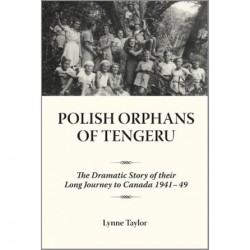
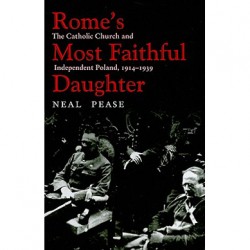
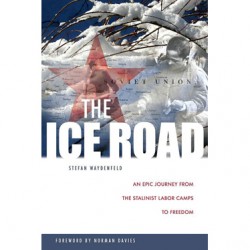
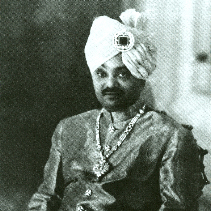
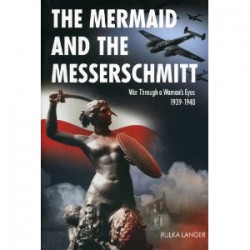
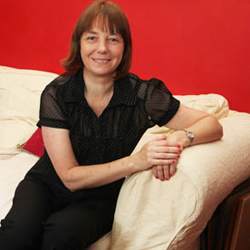
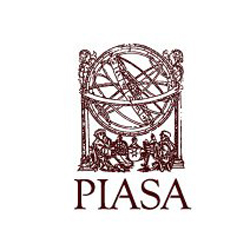
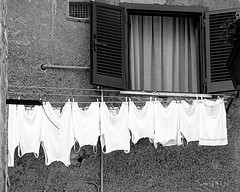
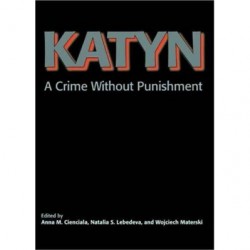

![To Spank [Your Child in Poland] or Not?](http://cosmopolitanreview.com/wp-content/uploads/2009/08/ChildrenInAfrica-250x208.jpg)
